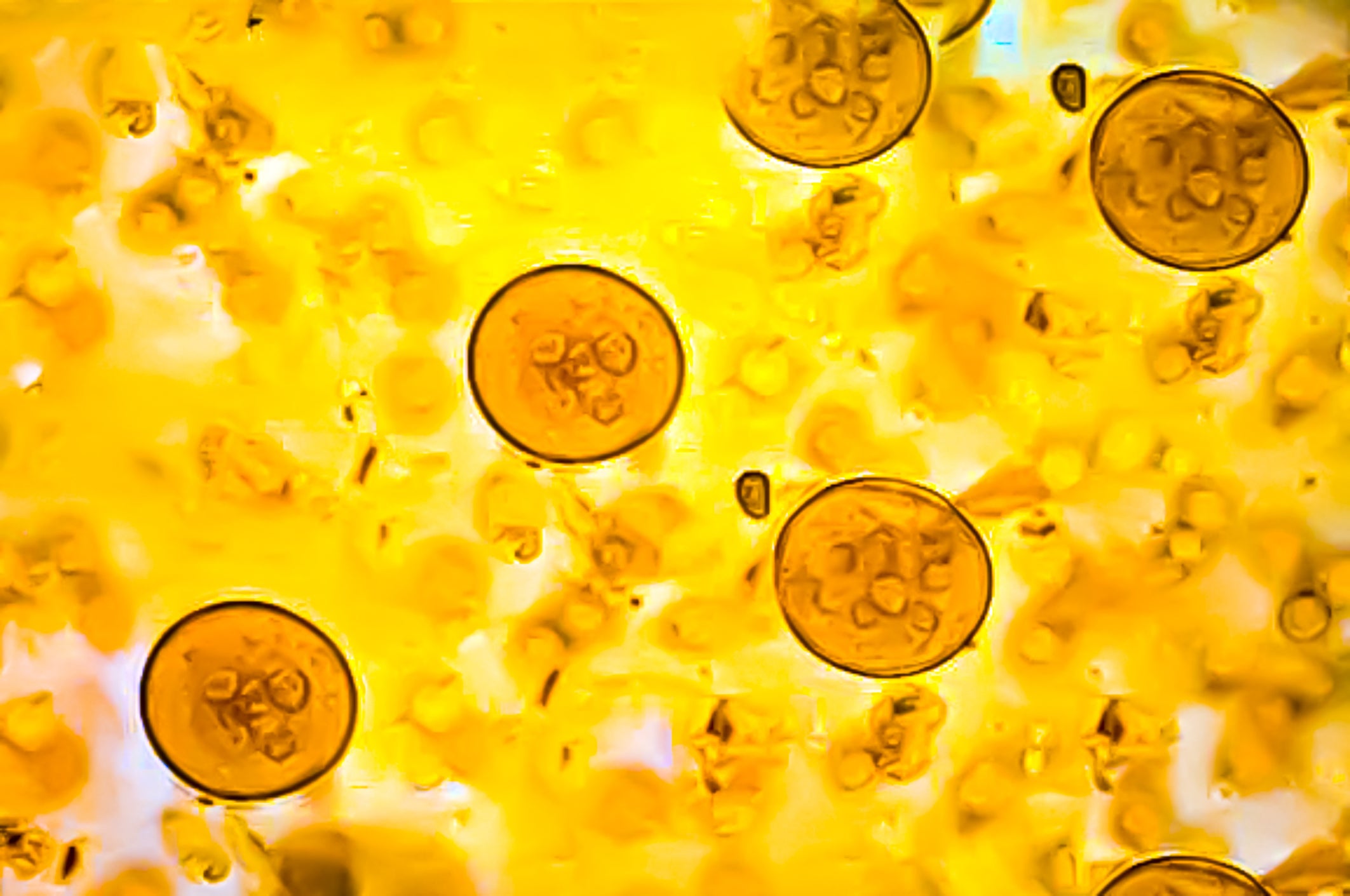ARTICLE AD BOX
As public health officials examine 74 cases of cryptosporidium infections linked to a single petting farm, more people are being made aware of the dangers associated with the nasty parasite. The case of one four-year-old boy left hospitalised by an infection has left many shocked – but this is more common than some may realise.
A microscopic parasite, cryptosporidium can be hard to avoid. Being infected by the bug leads to an illness called cryptosporidiosis, which carries several nasty symptoms that can be dangerous if left untreated.
Cryptosporidium lives in the intestines of humans and animals, and is passed out in their faeces. This can then spread to contaminate water sources like lakes, rivers, and swimming pools, as well as food like raw milk and vegetables. Consuming food harbouring the parasite is one of the most common ways to become infected.
How do you get cryptosporidium?
Contact with animals on farms is another common source of infection, as the conditions they live in are generally unsanitary. This was how 74 people became ill with cryptosporidiosis over the weekend, with the mother of four-year-old Michael Carpenter calling the experience “an absolute nightmare.”

And while anyone is at risk of catching the illness, it is particularly common amongst young children aged one to four.
Here’s how you can spot the symptoms of cryptosporidiosis, and steps you can take against it:
What are the symptoms of cryptosporidiosis?
The only way to know for certain if you have cryptosporidiosis is to be tested by a doctor. The main symptoms of an infection include:
- Watery diarrhoea
- Stomach pains or cramps
- Nausea or vomiting
- Mild fever
- Loss of appetite
- Weight loss
How can I avoid cryptosporidium?
The UK Health Security Agency says that “the good news is that cryptosporidiosis is preventable by following some simple hygiene steps.” Here are the agency’s top tips to avoid infection:
- Wash hands frequently with soap and warm water, especially before eating, after going to the toilet, and after contact with pets/animals
- Wash and peel all fruits and vegetables
- Avoid drinking untreated water
- Don't swallow swimming pool or lake water
- Be careful with handwashing after any animal contact on farms
- Stay home from work/school until 48 hours after symptoms stop









 English (US) ·
English (US) ·